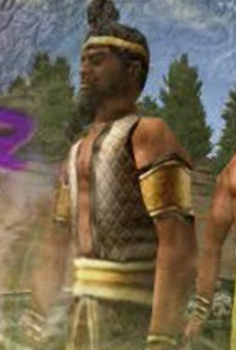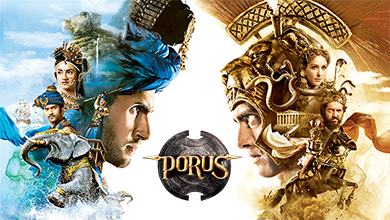

Like all invaders, irrespective of their beliefs, Alexander was also a looter.

The lands of Gandhara in those days was fabled as being the richest on earth. Just why would Alexander want to conquer the Punjab and reach its capital Lahore? It seems that the Iranian invader Darius had earlier taken away a lot of gold and slaves from this region. In an earlier column I had mentioned a book by Budapest’s Akademiai Kiado which clearly follows the line we have taken in this column. It is in a way disgraceful that we refuse to praise our ancient people. Simha clearly show Alexander as the defeated party, not the way the world sees him.Īs my interest is in researching the history of Lahore, it is sad that our school textbooks continue to show Alexander as the great conqueror, not the invader who the various rulers of the Punjab crushed and then sent home a defeated man. Increasingly new interpretations of the work of Plutarch, Herodotus and others are coming forth. So we have before us an amazing rewriting of the history of ‘Porus’ and Alexander. Sadly, in the end it was a Greek general Eudemus who murdered Porus. The Indian acting Dutt family are the direct descendants of those great men. Their story we have already described, being that much later they settled inside Lahore Walled City. These Dutt soldiers were later called ‘Muhammadi Brahmins’. Till this day Rajputs respect their opposition, but fight among themselves like anything. It must go to the credit of the Puru of Bhera that in order to protect Alexander from being murdered by his own army, he sent along a small garrison of Rajputs from the Dutt tribe. That is when a ‘Return Home’ call was given, and all the Greek soldiers cheered. Even his generals, what to speak of his soldiers, were beginning to desert. That made it clear to Alexander that this would be his last and final battle. Hence a collective show of strength was the only option, even though they remained rivals in normal times. The strategic withdrawal of the ruler of Lahore to across the Sutlej is clearly a co-operative strategy because if Lahore fell and Alexander and the Puru of Bhera reorganised, surely it was a matter of time that one by one they would suffer. But the reason clearly given is in Eugene Borza’s investigative classic ‘Alexander’.

This is also mentioned in Romila Thapar’s classic ‘Asoka’. Details of these connections can be read in Irfan Habib and Vivekanand Jha’s classic ‘Mauruan India’. Here it must be kept in mind that all the rulers of the smaller States were directly, or indirectly related. Just why did the Puru (Porus) of Bhera want to conquer Lahore? That is the central question. “For as far as the eye could see and much beyond, the joint armies of the ‘purus’ awaited”, he wrote. The Nandas of Magadh was anyway fabled as having the world’s largest and most powerful army, and their Puru was leading this huge formation. Here Plutarch says that Alexander was not only battle fatigued but clearly saw that this massive formation would in a matter of a few hours decimate them. It was clear that this would be the last battle of Alexander, who paraded himself as the ‘Conqueror of the World’. Plutarch, the Greek historian, tells us that when the decimated and once defeated army of Alexander saw across the river a massive joint army of the six ‘purus’ numbering 200,000 foot soldiers, nearly 80,000 horsemen, with 6,000 battle elephants and 8,000 chariots with archers, they were shocked. So it was that Alexander and his small remaining army bypassed Lahore and given that the Puru of Lahore, who was related to other similar rulers to the east, decided to withdraw beyond Sutlej.

Many years ago my friend Tipu Almakky planted this query in my mind, but in this ‘hyper piety’ age this matter is left alone.įor starters after the battle Alexander was asked by the Puru of Bhera that he should use his troops to conquer the kingdom of Lahore and beyond for him. The word Porus is not used for it means ‘the ruler’. Just why we name our children Sikander after a non-Muslim invader leaves one wondering. The very name Porus as used in old manuscripts is a corruption of the word ‘Puru’, or more correctly the Sanskrit ‘Purushikta’. The Jean Racine readings set off my appetite to delve into the subject again. Since then a lot of research has added to the subject. Quite a few years ago we took a look at this path. You might be wondering just what has Alexander and Porus have to do with the ancient history of Lahore. It concentrates on the Battle of Hydaspes – the River Jhelum – in which the victor is now a contested matter. Yesterday (Saturday) the amazing Ajoka Theatre of Lahore staged a reading of a translation of the play ‘Porus’ by the well-known French playwright Jean Racine.


 0 kommentar(er)
0 kommentar(er)
